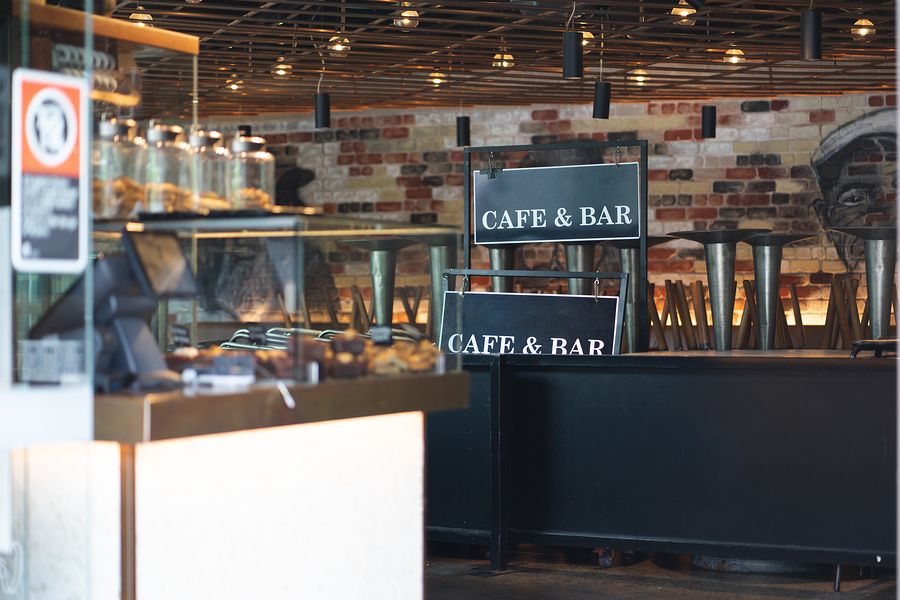
Prime Minister Scott Morrison announced a moratorium on evictions for the next six months for people who are unable to pay rent.
However, Morrison shied away from discussing more explicit support, such as rent reductions, or rent holidays, which many businesses hard hit by the coronavirus crisis – such as retailers – have been crying out for. Instead, he urged tenants and landlords to “sit down, talk to each other and work it out.”
“There is no rule book for this,” Morrison said.
“We’re in uncharted territory, but the goal should be shared and that is a business can reopen on the other side, not weighed down by excessive debts because of rental arrears, a landlord has a tenant so that they can continue into the future… and the banks have clients.”
On Monday, the Australian Banking Association announced further relief for landlords and businesses affected by the current crisis.
Several banks across Australia, including the big four, will extend their six-month loan deferral to loans up to $10 million, up from $3 million previously.
“Banks understand that for many businesses, that will help them keep the lights on, [and] where landlords within this threshold do the right thing by their tenants, banks will do the right thing by them,” said ABA chief executive Anna Bligh.
However, according to chief executive of Australian Retail Lease Management Stephen Spring, unless the government mandates compulsory rent abatement that can be written off – not temporary relief or deferred – nearly every discretionary retailer will become insolvent.
Retail rent
“As most were not that profitable to begin with, it would be best for many to enter a voluntary administration and potentially disclaim leases down the track, shutting the bad shops,” Spring told Inside Retail.
“The landlords face a gargantuan problem because done en masse this will change future rents, as the current market can no longer be manipulated by incentives.”
In the 1990s recession, tenants were unable to pay the contracted rent, and so were given deferred payments – the rent would be paid from future profits. However even when sales returned the retailers were unable to pay the landlords, since the rents had escalated. Shops closed anyway, albeit more slowly.
“Even with the stimulus and Government rescue packages, a repeat is the likely scenario for many retail businesses, especially those struggling even before the COVID-19 crisis,” Spring said.
“As the weeks roll by, supplier debts become due… landlords would want rent went in advance and utilities reconnected, just to name a few items that will drain cash many will not have.
“We’re entering a new world where the old rule book is being thrown out. Current market rent is real, no longer manipulative, and will affect both landlords and tenants for years to come.
“Any landlord who pretends that a new normal is not around the corner will probably pay a heavier price than need be.”
This article first appeared on Inside Retail, a sibling publication to Inside Franchise Business.

